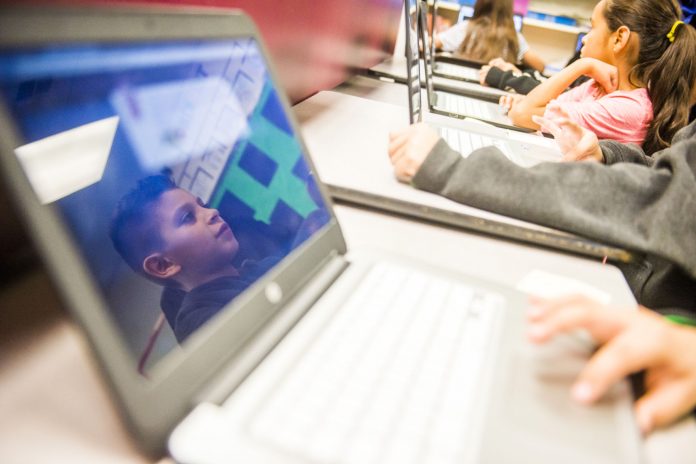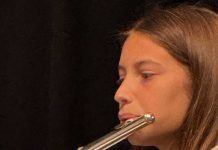
Hollister School District trustees approved a new board policy Tuesday that will allow students with lice egg casings to continue attending school, a twist from former rules.
Previously, the district’s policy excluded children who had live lice or nits—egg casings—from attending classes. Additions to existing board policy state that students with live lice should be excluded from school, while those with nits can remain. Trustee Pat Moore made the motion, and Trustee Mike Baldwin seconded it.
“The wonderful thing about lice is they don’t spread disease,” said Anita Sarringhaus, a nurse with the Hollister School District. “However, we do find it to be distracting for kids.”
The California School Nurses Organization and the National Association of School Nurses agree lice do not carry disease and concluded children with live lice or nits should be allowed to stay in school, according to the agenda packet.
But district nurses suggested that while lice don’t carry disease, they can be a distraction in a classroom learning environment and suggested changes to policy that would let children with nits, but not live lice, attend class. Lice when they are walking around are itchy, Sarringhaus told trustees. They are also visible to other children in the class, she explained.
Nits attach firmly to the hair shaft and do not spread between children the way live, crawling lice might. According to the new policy, the district would add a requirement that if nits were found but there were no live, crawling lice, the school nurse or a designee would re-inspect that child’s hair in seven to 10 calendar days.
New policy adds that one day of excused absence for lice treatment will be allowed, but further days will be recorded as “unexcused” unless the child can present a doctor’s note.
Existing policy already states that if one or more students in a school are infested with head lice, the principal or a designee may notify parents and provide them with information about lice detection and treatment. The same policy requires staff members to maintain the privacy of students that have head lice.









